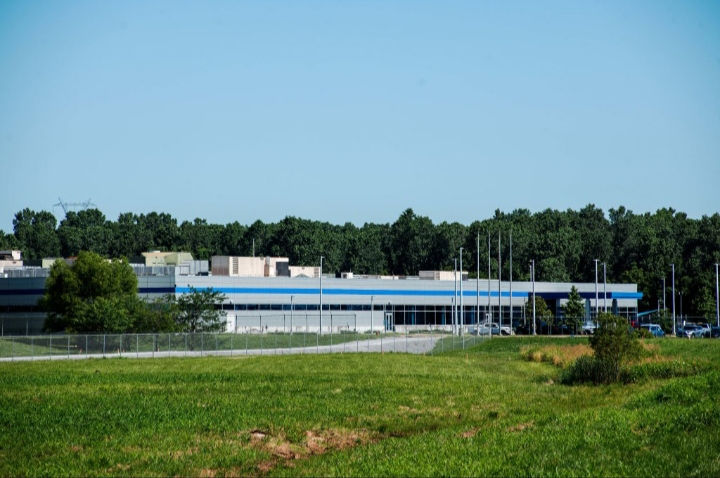Workloads Are Up 31% for White-Collar Workers, but Can AI Really Help?
- Rohit.Rs

- Oct 10, 2024
- 2 min read
The rise of AI is hard to ignore, especially in the world of white-collar work. Everyone seems to agree that AI can lend a hand, but executives are painting a much rosier picture of its capabilities than what workers are actually experiencing.
We’re talking about the people behind desks, typing away on computers all day—information workers, knowledge staff, or simply white-collar employees. They're the prime focus for AI advocates, many of whom believe machines will soon take over a huge chunk of these jobs. But is that really the case?

According to a recent study, only 14% of the tasks that information workers do daily can be passed off to AI tools. That’s a far cry from the high expectations many business leaders seem to have, leaving workers struggling with heavier loads while waiting for AI to catch up.
A Growing Workload
The 2024 Impactful Work Report from the work management platform Wrike surveyed 1,000 business leaders and 2,500 white-collar workers. The key finding? The amount of work these employees face has jumped by 31% compared to last year, with much of it being "busy work" that doesn’t seem to add much value. Meanwhile, business leaders estimate the increase to be even higher—around 46%.
Despite doing more, only 54% of workers say their efforts are making a real impact. And perhaps unsurprisingly, less than two-thirds are satisfied with their roles.
Where Does AI Fit In?
There’s a clear disconnect between what workers and executives expect from AI. Leaders claim AI is handling 32% of their workload, while workers say it’s helping with just 14%. That’s a pretty big gap.
Most business leaders—80%—believe that AI and other tech investments are boosting productivity. But only about half (51%) of the workers themselves feel like AI is making them more efficient. So, while AI can be useful, there’s a mismatch in expectations, which is piling even more pressure onto employees who are already dealing with heavier demands.
Did Leaders Overestimate AI’s Potential?
AI has certainly shaken up the job market. Earlier this year, half of the CEOs in another study said they might replace jobs with AI in the near future. Tech companies like Dell are already pointing to AI as a factor behind their layoffs.
Of course, AI isn’t the only issue at play. Mass layoffs are hitting white-collar workers hard, and return-to-office mandates from company heads are causing even more job shifts.
AI tools are here to stay and can definitely make certain tasks easier. But the latest research shows we’re far from proving that AI can live up to the massive hype it's generated. For now, white-collar workers are left juggling an increasing workload while navigating the uncertain role AI will play in their future.




Comments